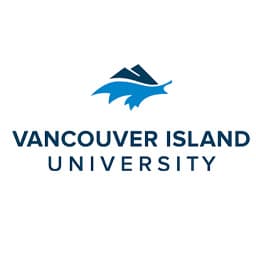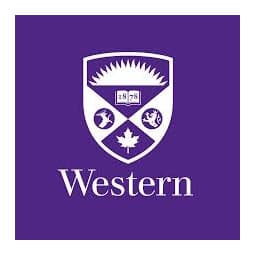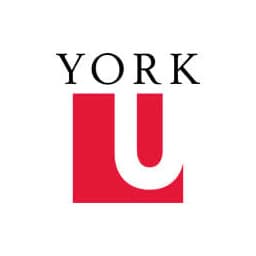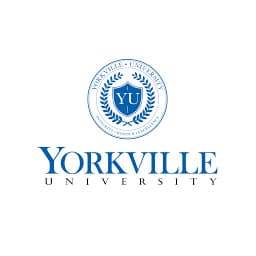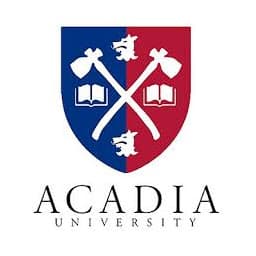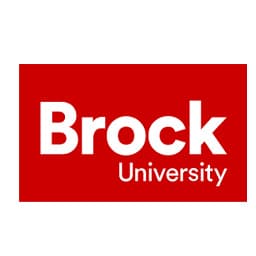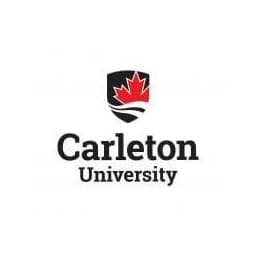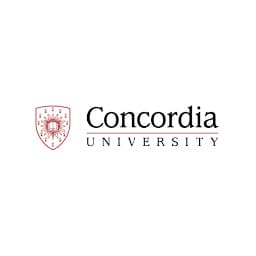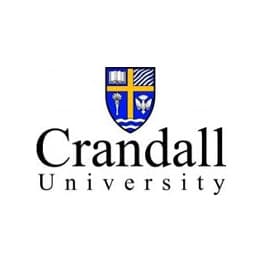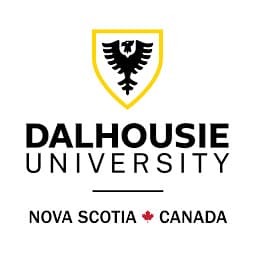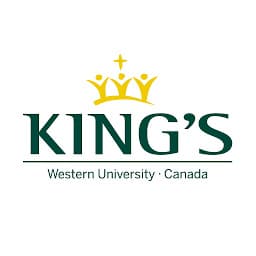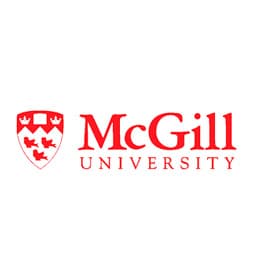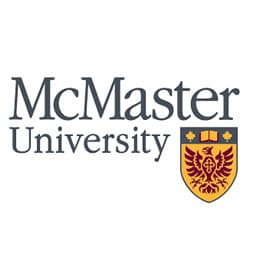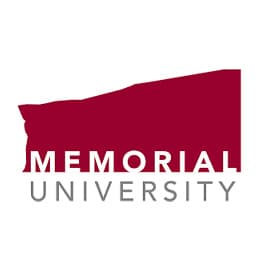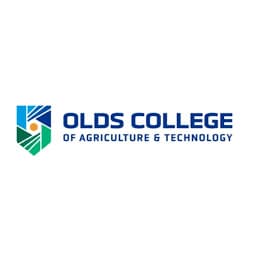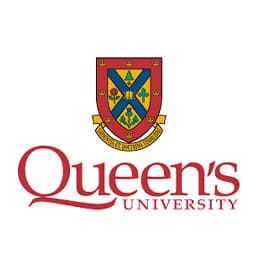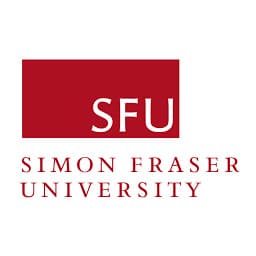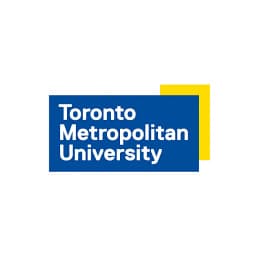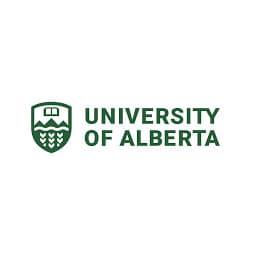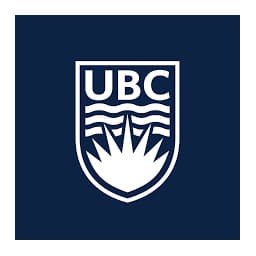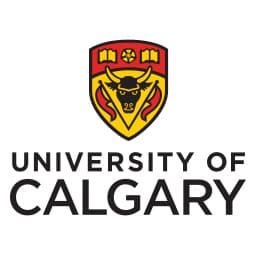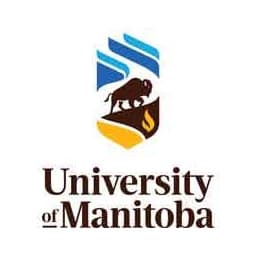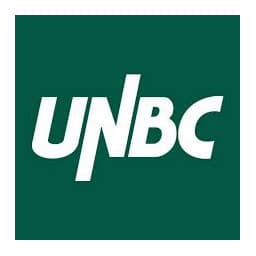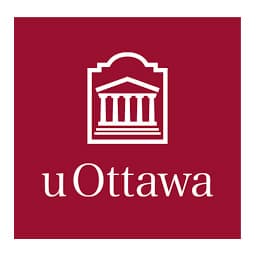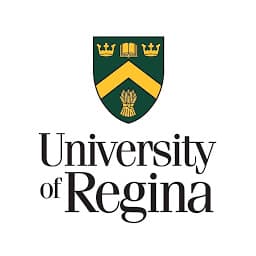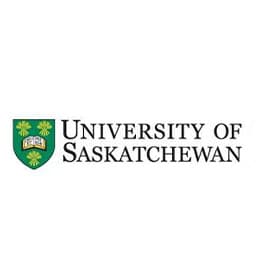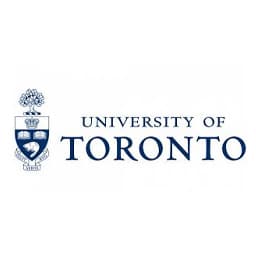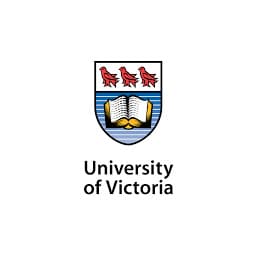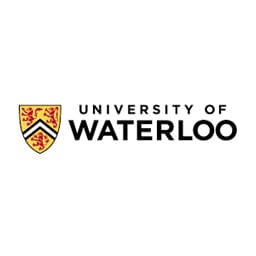World-Class Universities
31 globally-ranking universities (THE WUR 2024)
Industry-Focused Programs
Aligned to huge growth sectors
Earn as You Learn Opportunities
Students can work 20 hours per week during term-time
Work Placements & Internships
Incorporate professional experience with classroom learning
Excellent Global Scholarships
Incentivizing top candidates to enroll at Canadian universities
Flexible Post-Study Work Routes
The Post-Graduation Work Permit lets you stay, work, and open up longer-term immigration pathways in Canada
Popular Programs in Canada’s Growth Sectors
As a Study Permit holder you can work 20 hours per week & full-time over semester breaks
Frequently Asked Questions
Study in Canada
To apply for a Canadian study permit, you must first be accepted into a Designated Learning Institution (DLI) in Canada. Then, gather all required documents, including a Provincial Attestation Letter (PAL), proof of identity, and proof of financial support. Finally, submit your application online through the official Immigration, Refugees and Citizenship Canada (IRCC) website.
Canada doesn't have universities that are inherently 'easier' for PR. The pathway to permanent residency largely depends on the province and its specific Provincial Nominee Programs (PNPs). Provinces like Saskatchewan, Manitoba, and those in the Atlantic region (New Brunswick, Nova Scotia, Prince Edward Island, and Newfoundland and Labrador) are often cited for their more accessible PNP streams for international graduates.
An undergraduate degree in Canada typically costs between CAD 20,000 and CAD 30,000 per year for international students, with some programs like engineering and medicine being more expensive. In addition to tuition and student fees, other major costs include living expenses, health insurance, and books and supplies. The overall cost to study in Canada varies significantly by province, institution, and lifestyle.
Indian students in Canada can access various scholarships. Top options include the Vanier Canada Graduate Scholarships for doctoral studies, the Lester B. Pearson International Scholarship at the University of Toronto, and specific awards from universities like UBC, Waterloo, and York. Many provinces also offer their own scholarships for international students.
The Summer intake (May to August) is generally the fastest for international students due to fewer applicants and less competition. However, fewer universities and programs are available compared to the main Fall intake (September). The application deadline for the Summer intake is typically from October to February.
Yes, Gradstar guides Canada's student visa process. Their services include step-by-step guidance, assistance with applications, and help with documentation requirements. They also offer resources like a free study guide for Canada that includes a visa application checklist, and have a team of consultants to support students with their visa applications.
Yes, Gradstar can help you find scholarships in Canada. They offer exclusive scholarship opportunities and have a database with thousands of scholarships. Gradstar's services include providing guidance on funding and connecting students with various financial aid options to support their studies abroad.
Resources for Canada
Download country-specific guide, visa checklist and packing list
Canada 2026 Study Guide
Your comprehensive guide to studying in Canada in 2026. Get insider insights, university recommendations, and step-by-step application guidance.
Canada Student Visa Checklist
Complete checklist for Canada study permit requirements, documents, and application process.
Study Abroad Packing List
Everything you need to pack for your study abroad journey. Essentials, tech, medication, and documents.

